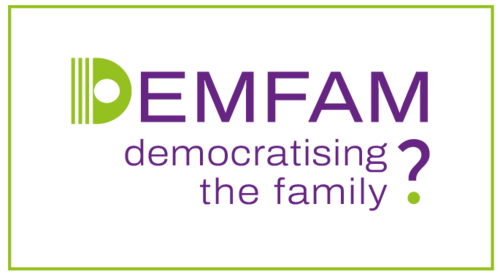Contested Equality
The democratisation of the family produced new conflict on individual and societal levels. Since the 1960s, child custody became a battleground for the redefinition of the family. It seems that the political significance of shared parenting regulations exceeds their practical significance in terms of numbers of children affected. To investigate this, DEMFAM analyses shifting dynamics in the politicisation of parental rights. In the early post-war, post-colonial decades, the initial impetus of family law reform was to accommodate the demands for, and constitutional and international commitments to the strengthening of women’s and children’s rights. Starting in the US in the 1960s, custody and child support payments were repoliticised from a divorced and unmarried fathers’ rights’ point of view. With the emergence of child welfare as the single most important criterion in family courts, the very definition of child welfare, or the child's best interest, became contested in political contestations over parental rights.
